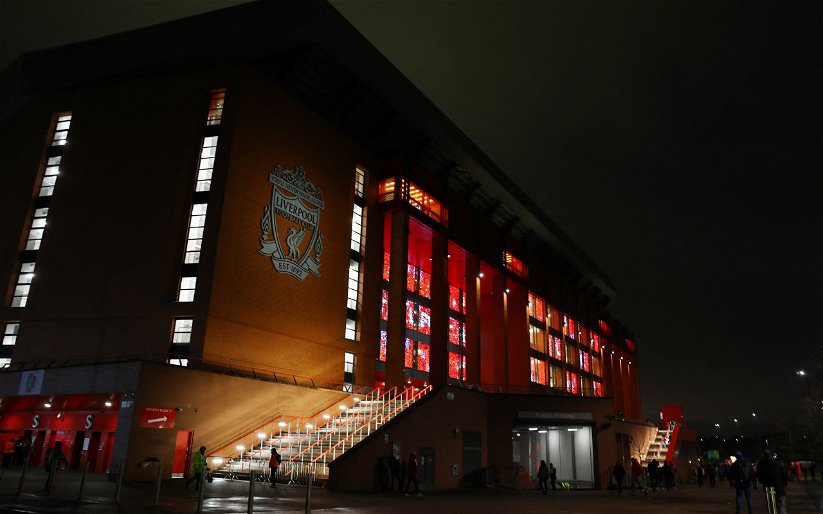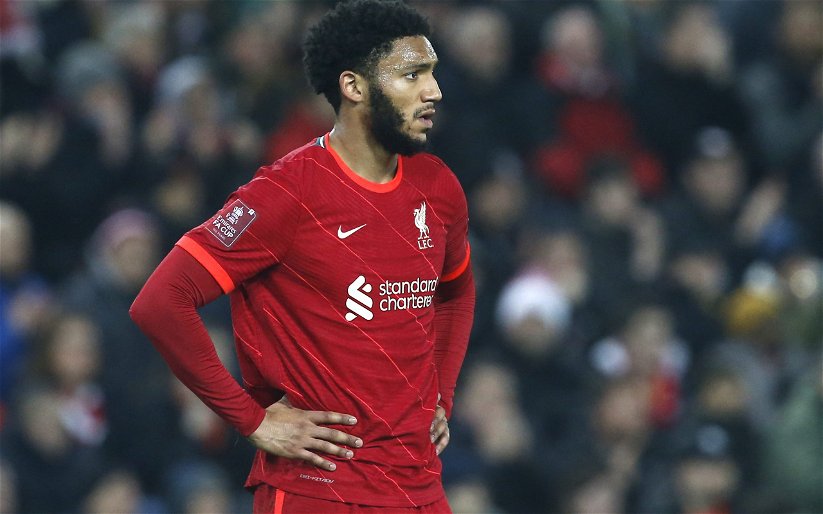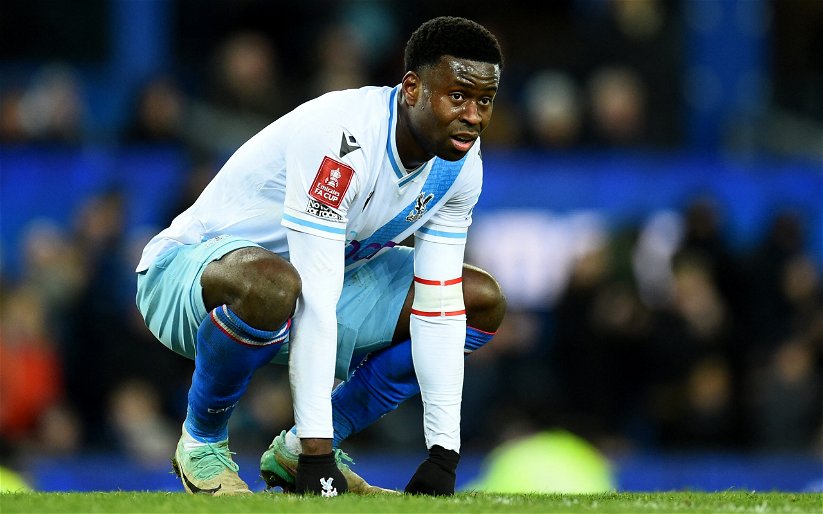 WRITING about Jamie Carrgher gives me a lot of pleasure.
WRITING about Jamie Carrgher gives me a lot of pleasure.
I’m not a sentimental person at the best of times, but I am going to shed a little tear this week, and not because Carra is one of the finest, most consistently loyal professionals of any modern football club, but because, throughout the years, he has shown a fantastic ability to learn, adopt and adapt.
And as someone whose day job it is to design school syllabuses, suffice it to say it warms my cockles no end to see someone come back from his own 9/11 and turn himself into a brilliant practitioner of his profession.
When I say his own 9/11, I refer not to the American tragedy, but to September 11, 1999: the day when a young Jamie Carragher scored two own goals against Manchester United at Anfield. For a local lad trying to make a mark in the first team, Carra had done it for all the wrong reasons.
The BBC described the aftermath of the first goal thus, “The goal did not just unsettle Carragher, who could hardly put a foot right, but every one of Gerard Houllier’s men.”
By the time the second OG had gone in, as a result of Jamie getting amongst it all in a melee, he was looking “hapless”. Once again, the BBC’s words, not mine.
Fast forward almost six years and he is a European champion, and not a passive one either. He didn’t piggyback off the Sami Hyypias and the Steven Gerrards in that team like, say Djimi Traore (bless him) is regularly accused of doing.
He certainly was no Harry Kewell, a poor student who stopped learning after a few years. No Harry, don’t blame your injuries for everything.
Jamie Carragher was just the opposite. No, Carra cramped for Liverpool, he limped for us. He led for us.
Short on on-the-ball talent, when he got it wrong, the replays were agonising to watch, especially as more ‘cultured’ defenders like Jonathan Woodgate, Rio Ferdinand and later Ricardo Carvalho started to appear. Yet what Carra lacked in technique, he made up for very easily with application.
And presumably, a system of self-learning.
All the managers who have come and gone have paid homage to his tactical nous. Though not professorial by look like a Xabi Alonso, Carra understood the intricacies of tactics and transitions.
He also understood when they have to go out the window.
But it’s the first bit I want to talk about. Why he shone later on was because of the mental toughness that let him get back on the training ground and erase days like that one in 1999. He understood, as did Houllier, that those goals were a result of Jamie Carragher’s determination to clean up the situation rather than run from it. He wasn’t ball-watching. He was ‘ball-playing’, attacking a zone that needed fixing. Hence the fizzed header, hence the leg stuck out in a melee.
In my English classroom I work with children for whom it is not a first language. The bulk of them arrive scared, lacking in faith in their own abilities to express. Like Maths and Science, the system has (unfortunately) traditionally taught English via certain formulae. They are taught terms like ‘Past Participle’ and ‘Indefinite Verbs’, and for their inexperienced minds these are just useless jargon that sounds difficult to even pronounce. And for 12 year olds who struggle to use much easier words, it turns them off the language immediately.
Put it this way: it’s like grilling a 6-year-old youth player on Zonal Marking…
It is sad. It breaks my heart to see kids who are very good at drawing and woodwork and physics struggle with what is essentially the most natural of all things: expression through language.
Then there are the Carras of my class, the kids who will write ambitious sentences and ‘fail’ gloriously on occasion. They’ll slaughter the comas and full stops, they’ll misuse prepositions and use words in the wrong context.
And I will never mark them down. I’ll ask them to work with the weaker ones and help them out. To outsiders in the beginning it seems like the blind leading the blind, but what I and my colleagues see is a group of kids sitting down and discussing the process, NOT THE RESULT, and how that can be refined.
They’re superstars by year’s end.
When footballers and their managers talk of about expressing themselves on the pitch, they are subconsciously talking about the freedom to fail. Footballers and their managers are professional performers. It’s that simple. They must be allowed time to refine their craft.
When Alex Ferguson announced his retirement, he was showered with admiration. They highlighted his medals, his vision. They applauded his contempt for excess and his stubbornness of expression. These are all qualities that were obvious. The ‘final outcome’ qualities that are sexy to talk about. They didn’t speak enough about his processes, as if his achievements were a result of some mantra or some holy water he had filtered into the water at Carrington.
His processes rewarded players who analysed their own performances, and helped others get better. That’s why he backed Cantona, a player other managers would be loathed to touch.
And that’s why we need to hold on to Luis Suarez. He is a mad man. But he is OUR mad man, and the madder he gets, the less desirable he becomes to a lot of clubs, and through that perverse kind of logic that sometimes works in one’s favour, it would be the maddest to let him go.
On that note, Liverpool managers, especially Rafa Benitez, need to be congratulated for appreciating Jamie Carragher, for letting him learn, for not squeezing him out when he wasn’t as ‘football hipster cool’ as he is now.
It’s also time that we look around Melwood and try and get them all involved in learning without the fear of failure.
Football is a language after all.
[ad_pod id=’pubsquared’ align=’right’]
Live4Liverpool is recruiting columnists. For further info contact the site editor at live4liverpool@snack-media.com
Follow us on Twitter here: @live4Liverpool and ‘Like’ us on Facebook



